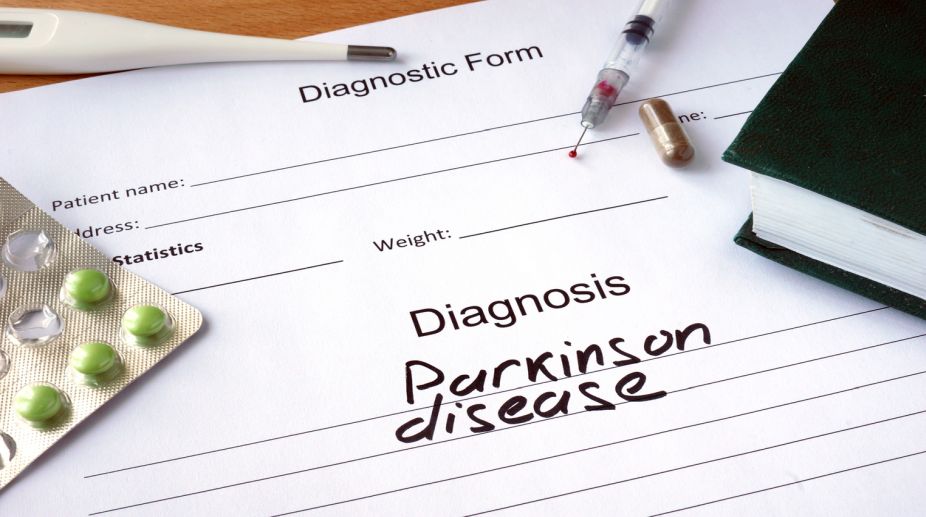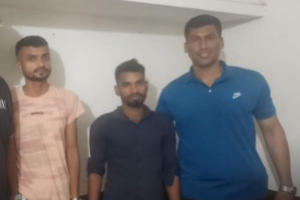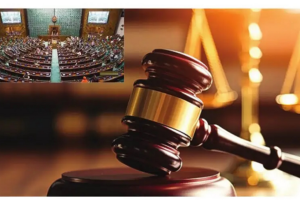With lack of awareness on Parkinson's Disease, 60 per cent of people mistake its symptoms for those of old age, thus causing a delay in diagnosis and leads to irreversible position of the disease, doctors said on April 12.
"People misunderstand Parkinson's Disease to be old age problems whose symptoms are similar, like shakiness in limbs, tremors, slowed movements, loss of automatic movements. Parkinson's Disease affects only one side of the body unlike in the case of age-related problem where affects the complete body.
"This misconception leads to delayed diagnosis causing complications worse to treat. Our idea is to create awareness among all," said Sumit Singh, director and head of Neurology at city-based Artemis hospital at a awareness lecture on Parkinson's Disease.
Advertisement
The neurosciences team has started a special OPD only for Parkinson's Disease patients from April 10 to 16 at the hospital between 4 p.m. to 6 p.m. where patients will be getting free consultation.
According to Parkinson's Disease Foundation, more than 10 million people worldwide are living with the disease. Medication costs for an individual are $2,500 annually, and therapeutic surgery can cost up to $100,000 dollars per patient.
Aditya Gupta, director, neurosurgery at Artemis hospital said as the stage advances, the effect of medication tends to stop and hinder quality of life and the frequency of medication increases due to several on and off phases.
"This leads to end the medicine effect unpredictable and hence people with advanced stage have to go for deep brain stimulation (DBS) surgery. It is most often offered to people with advanced Parkinson's who have unstable medication responses. DBS can stabilize medication fluctuations, reduce or halt involuntary movements (dyskinesias), reduce tremor, reduce rigidity, and improve slowing of movement," said Gupta.
Advertisement











